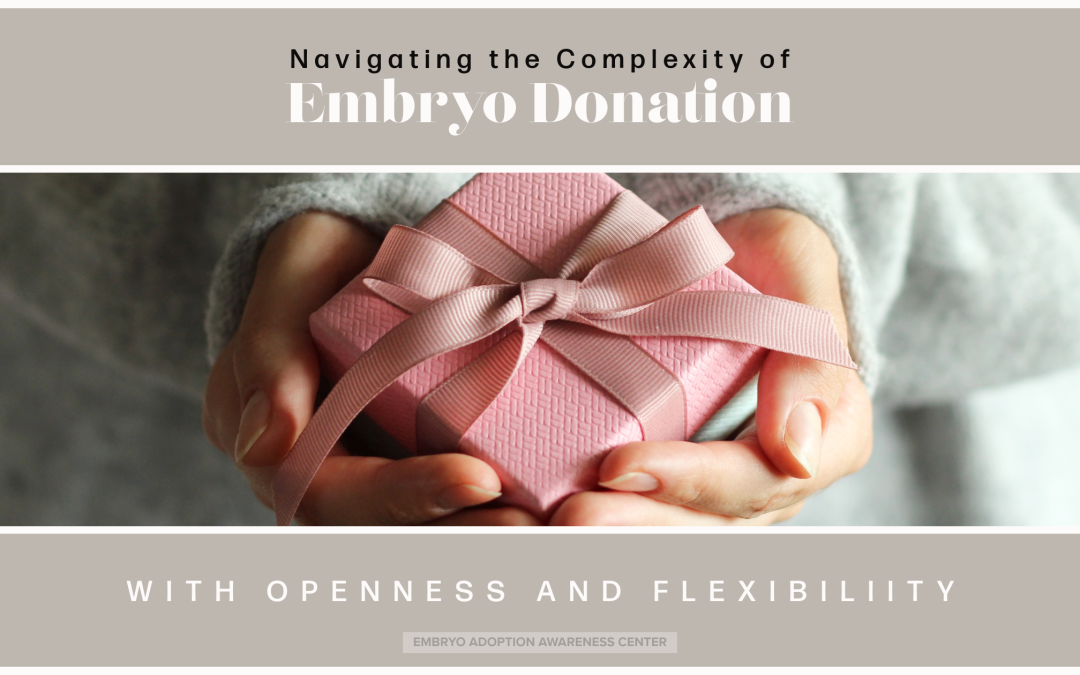Embryo donation is a profound act of generosity, bridging the dreams of those who have completed their IVF journey with the hopes of those yearning to build a family. Despite this, some embryo donors find themselves hesitant when choosing a recipient or adoptive family for their remaining embryos. While it is understandable to want the best possible future for the embryos, embracing openness and flexibility in the selection process can lead to deeply fulfilling outcomes for all involved.
Firstly, it is essential to acknowledge the complexity of embryo donation.
Unlike traditional adoption, where infants are placed with adoptive parents after birth, embryo adoption involves the transfer of already-created embryos to an adoptive or recipient family. This unique process blurs the lines between genetic parenthood and gestational parenthood, requiring a delicate balance of emotional considerations.
Embryo donors, understandably, may have specific desires for the future of their genetic children. They might envision a family who is like themselves, with certain traits, values, or lifestyles, or seek a family who has many similarities. However, it is crucial to recognize that these preferences may limit the pool of potential recipients and, more importantly, the chances of finding a loving home for the embryos. This is especially important to consider if the embryos are older in age or were frozen with an older technology, as this further limits the number of potential matches.
One of the most significant benefits of embryo donation is the opportunity to provide a loving home for embryos that might not have an opportunity otherwise.
By being openhearted and open-minded, you maximize the chances of finding a family that will be able to provide a stable and loving home. Perhaps the adoptive family may not look like yours, or share similar interests or the same religion. However, when considering an adoptive family, it is recommended that you take into account whether you can answer yes to the following three questions:
- Will this family make good parents?
- Do we share the same core moral values?
- Am I donating these embryos to a family who will give them a chance at a life filled with opportunity?
By prioritizing specific, sometimes superficial, characteristics over genuine love, stability, and commitment, embryo donors risk overlooking excellent potential parents who may not fit their ideas but possess the essential qualities necessary for nurturing and raising a child.
By remaining open to different possibilities, you open up to the potential for beautiful connections and relationships, and most importantly-the opportunity for your embryo to experience life. Ultimately, the greatest gift you can give your embryo is not just life, but also the opportunity for that life to be nurtured, cherished, and loved unconditionally.


Recent Comments